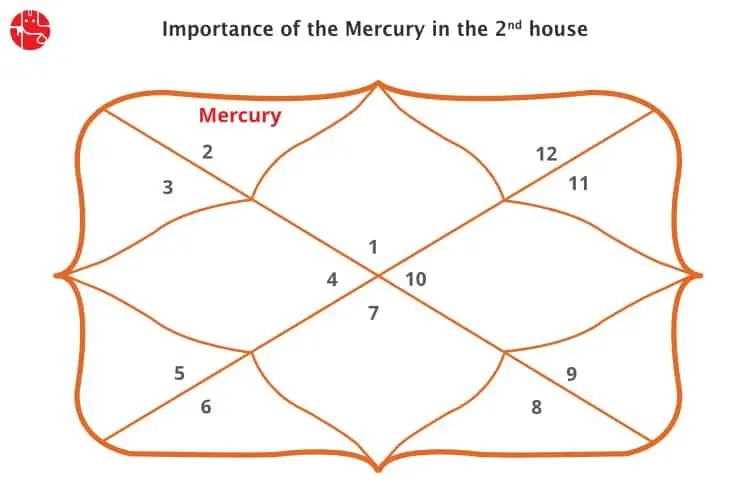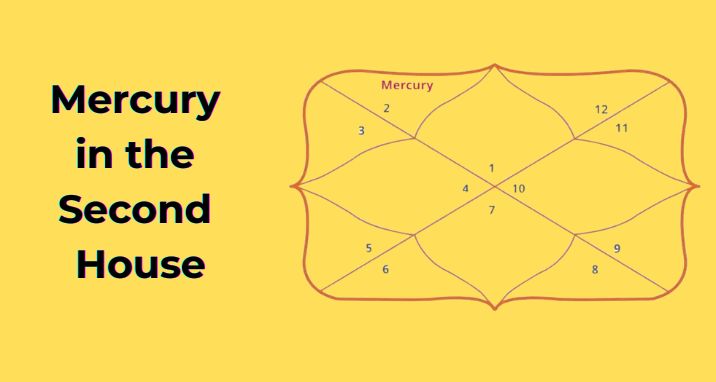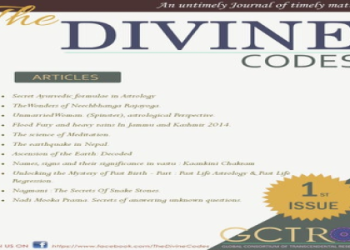Alright, let’s talk about this Mercury in the Second House thing. I didn’t used to pay much attention to astrology, thought it was mostly fluff. But then someone pointed out a few things in my own chart, and I got curious, you know? Started digging around a bit, not too seriously, just looking at what placements meant.
So I saw I had Mercury sitting there in my Second House. The descriptions online and in books were all kinda vague – “communicating about finances,” “mental approach to resources,” “making money with words.” Sounded okay, but what does that actually mean day-to-day? That’s what I wanted to figure out.
Putting it to the Test – Just Watching Myself
I decided to just watch myself for a while. Like, really pay attention to how I handle money and my stuff, and how I think about it. No big experiment, just observation during my normal life.

First thing I noticed: I am always thinking about money. Not in a greedy way, necessarily, but always calculating, comparing prices, figuring out the ‘value’ of things. My brain just naturally goes there. If I buy something, I’m thinking about if it was a good deal, how long it will last, could I have gotten it cheaper? It’s like a constant background process.
And I talk about it too. Maybe too much sometimes. Friends would joke about how I always know the price of everything or have some opinion on how money should be managed. It wasn’t about being rich; it was about the mechanics of money, the practical side.
Connecting the Dots: Skills and Income
Then I started thinking about how I actually made money over the years. It wasn’t always straightforward.
- I realized a lot of my side income, especially earlier on, came from things involving communication. Little writing gigs, editing stuff for people, even just explaining complex things simply.
- Negotiating played a big part. I found I was pretty decent at talking my way to a better price, whether buying a used car or sorting out a bill. It felt like using my words was a tangible skill that saved or made me actual money.
- My main job income sometimes felt linked to my ideas or how well I could explain them. When I was mentally sharp and communicating clearly, things seemed to go better financially. When I felt mentally sluggish or couldn’t articulate my thoughts, income streams sometimes dried up a bit. It felt very… direct.
The Practical Side of Thinking
It also became clear that I value practical knowledge – stuff you can actually use to make or save money. Learning a new skill wasn’t just for fun; I’d immediately think, “How can this be useful? Can this help me financially?” It connects back to that ‘value’ thing. My thinking needed to have a tangible outcome, especially when it came to resources.
I also found I get bored easily with financial stuff if it’s too abstract. I need to be doing something – planning a budget, researching an investment (even a small one), finding a practical solution to a money problem. Just talking theory doesn’t cut it for long.

So, What’s the Takeaway?
After years of just watching this play out, Mercury in the Second for me isn’t some mystical destiny. It just feels like… my brain is wired to constantly process information related to tangible stuff – money, possessions, skills. It makes me talkative about these things, good at spotting details, and often leads me to earn through communication or mental agility.
It means my financial situation can feel linked to my mental state and ability to communicate effectively. It’s not always easy – sometimes my mind races too much about money, or I overanalyze small purchases. But understanding this pattern, just through observing my own habits, has made it easier to manage. It’s just how this part of my life seems to operate. Nothing more, nothing less. Just practical observation over time.













